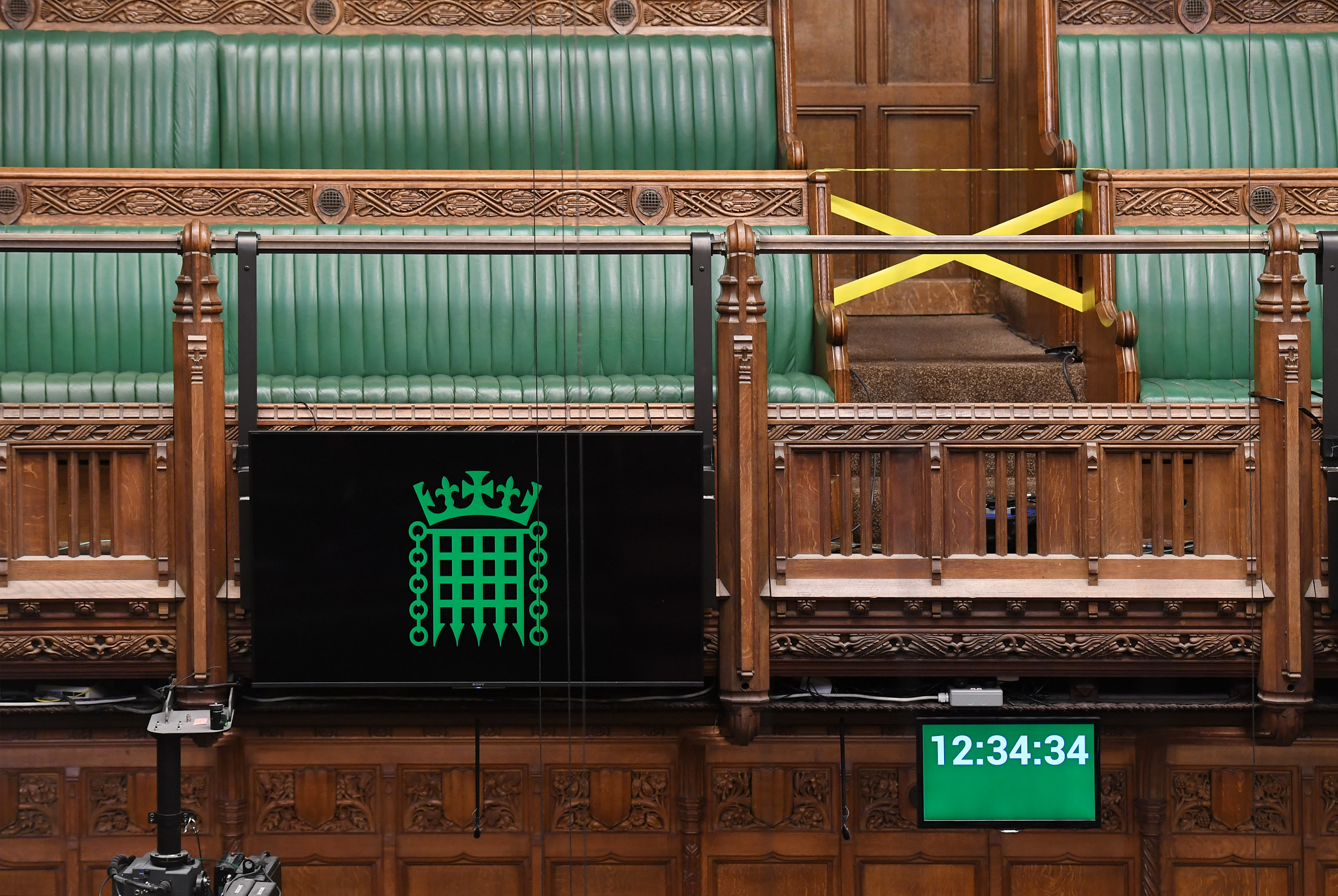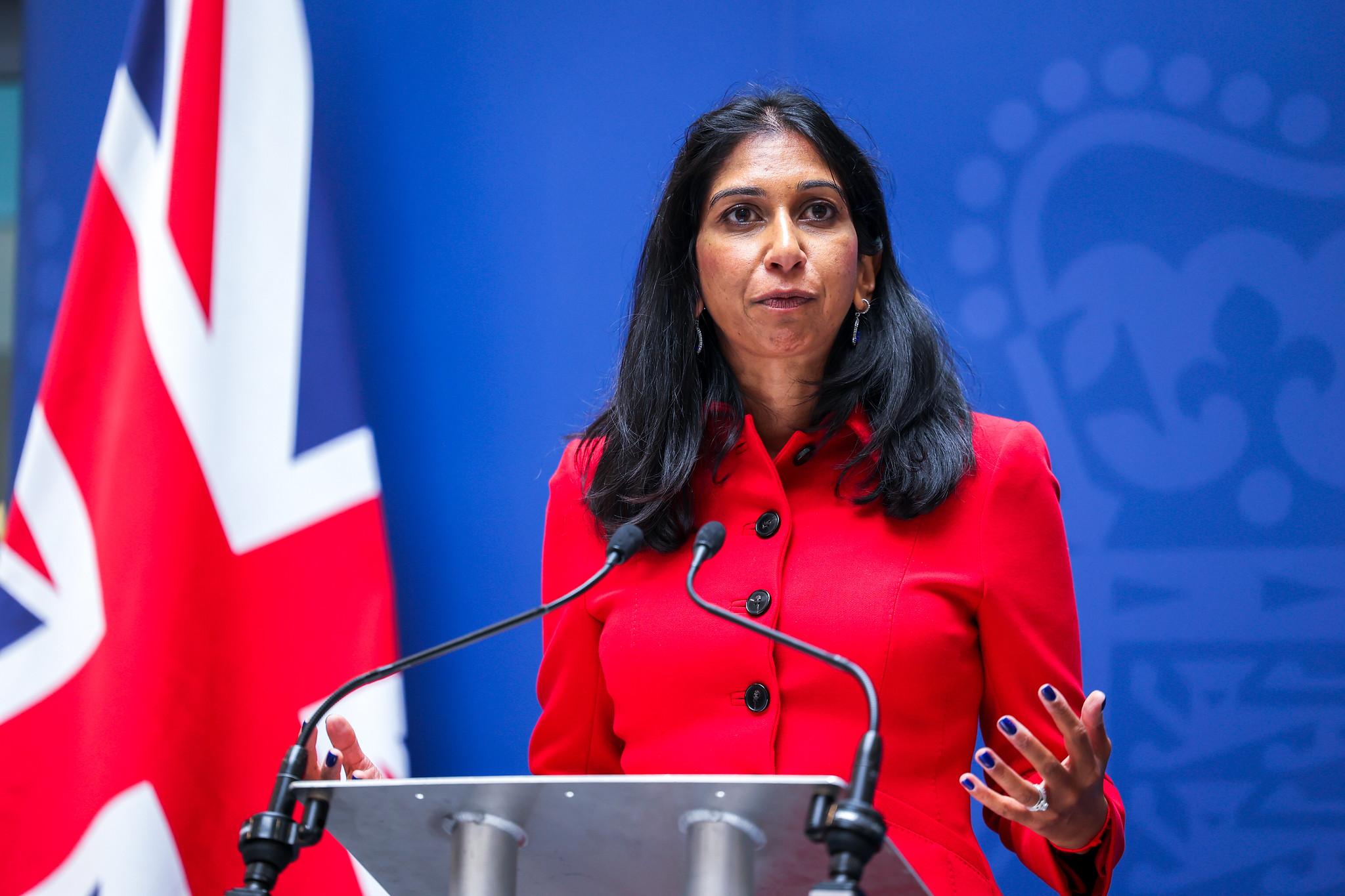The increasing number of deaths of UK citizens as a result of medical and cosmetic treatments abroad has begun to set alarm bells ringing among policymakers. Neil Lunt looks at the results of recent inquests and discusses the challenges that need to be overcome to minimise the risks involved in such procedures.
UK coroners have a duty to investigate where death is violent, unnatural or unknown. Two coroners reports in the past month have highlighted the risks of travelling overseas for medical treatment.
The Norfolk coroner investigated the death of 31-year-old Melissa Kerr who died following cosmetic surgery in Turkey, November 2019. Her treatment involved fat being collected and processed and injected into her buttocks in what is known as a Brazilian Buttock Lift (BBL).
Melissa Kerr was not seen by a surgeon or clinician before the date of procedure, and was given limited information about its risks and mortality rate. The coroner noted that “patients travelling to Turkey for this procedure are not being made aware of the risks and the high mortality rate associated with this surgery”. There was also limited documentary evidence around the procedures the patient underwent.
Given concerns about the high mortality of the procedure, a voluntary moratorium on the practice was put in place in the UK from 2018 and the British Association of Aesthetic Plastic Surgeons recently recommended Superficial Gluteal Lipofilling[1] rather than a BBL. Other countries may not have responded to the risks however. The coroner identified “a risk that future death could occur unless action is taken”, and has written to the Secretary of State and Department for Health and Social Care.
In a written response to the Norfolk coroner (November 2023), the health minister outlined that UK officials would travel to Turkey to meet counterparts and to discuss the regulatory framework, how safety and risk is managed for UK nationals, and to explore how to reduce the risks to patients in the future.
In July 2022, the Cheshire coroner opened an investigation into the death of Emma Morrissey, aged 44, “of a massive uncontrolled bleed caused by an instrument perforation within the abdomen during surgery”. She was visiting Turkey for gastric sleeve surgery at a private hospital, organised by a UK-based health tourism company who arrange flights, transport, interpreter services and accommodation. The company also offer payment plans allowing patients to spread the cost of treatment.
The health tourism company relied on patient self-declaration of health and fitness for surgery that was not verified before arrangements were made.
This investigation identified a future risk of death. The health tourism company relied on patient self-declaration of health and fitness for surgery that was not verified before arrangements were made. The pre-assessment questions prior to referral were unclear, lacked evidence of a standard form produced by a medically trained source, and failed to ask about family medical history.
The coroner outlined that neither the Turkish Ministry of Health, the private hospital nor the health tourism company had investigated the death and despite a “natural” cause of death being reported in Turkey, the UK coroner concluded the death was unnatural.
Cause for concern
The Coroner and Justice Act 2009 allows a coroner to issue a Regulation 28 Report where the coroner believes action should be taken to prevent future deaths. Such a report is a recommendation that action should be taken but does not specify what that action should be. The Cheshire coroner sent a copy to the health tourism agency involved and the Foreign, Commonwealth and Development Office (FCDO).
The FCDO, from late 2022, included medical tourism in its travel advice to British nationals for Turkey. In its latest advice it is “aware of over 25 British nationals who have died in Turkey since January 2019 following medical procedures. There were reports of an outbreak of botulism linked to weight loss treatments performed in Istanbul and Izmir in February 2023.”
A decade ago I led a study of UK medical tourism funded by the National Institute for Health and Care Research (NIHR) that noted the industry is almost entirely unregulated and identified the potential risks for those travelling out of the UK. We highlighted the range of treatments, their popularity, price sensitivity, and vigorous marketing campaigns. Our study predated the popularity of the BBL but we interviewed cosmetic travellers and bariatric patients who left the UK for treatment.
Informed consent
The picture remains confusing for prospective patients. There is no authoritative and trustworthy single source of information. Medical tourists rarely inform their decision-making with hard information and consequently often do not consider all risks. It is clear that across many websites of facilitators, clinics and hospitals, treatment risks are underplayed, and there exists an imbalance between objective information and promotion and advertising used for marketing purposes.
It is clear that across many websites of facilitators, clinics and hospitals, treatment risks are underplayed
A broad range of advice, information and guidance exists for prospective travellers, including from the NHS and information developed by the National Travel Health Network and Centre (NaTHNaC). NHS advice about prospective cosmetic treatment abroad recommends finding out as much as possible about the cosmetic procedure and having two consultations with the surgeon treating you before any surgery. The advice acknowledges the difficulties of identifying whether a surgeon is fully trained in the desired procedure.
This is all good advice, but the onus is on prospective medical tourists to seek out such information; presently there is little evidence that they routinely do this. There is clearly scope for healthcare professionals within the NHS to become part of the networks of information and support that can be accessed by potential medical tourists. NaTHNaC suggests individuals planning treatment abroad should discuss any planned procedures with their GP and/or specialist before booking any treatment and ensure they are fit to travel. The challenges of securing a GP appointment and the context of an already over-stretched NHS make this far from straightforward.
Reducing the risks
There continue to be a range of different models marketed by providers and by which patients travel to receive treatment. There are clearly legal uncertainties at the interface of these and clinical provision.
Beyond generic travel advice for cosmetic tourists and medical tourists, we identify the continued need for clearer guidance on bariatric surgery, or for patients considering bariatric surgery. Our study found that patients lacked consistent information on possible complications as well as on the long-term consequences of surgery and the ongoing aftercare.
Realistically, some UK residents will choose to travel abroad for medical and dental treatment and require appropriate advice and counselling about the associated risks. It is apparent that patients do not fully understand the scale and nature of the risk associated with seeking treatment overseas, including the difficulties relating to redress when something goes wrong. Many travellers will face vulnerabilities and our health system must do more to ensure support and informed decision-making. Leaving it to overseas providers is not an option. Caveat emptor – buyer beware – will not be enough to prevent future deaths.
[1] A procedure where the processed fat is injected into the subcutaneous plane above the muscle layer rather than deep within the gluteal muscle.
All articles posted on this blog give the views of the author(s), and not the position of LSE British Politics and Policy, nor of the London School of Economics and Political Science.
Image credit: Frau aus UA / Shutterstock.com







